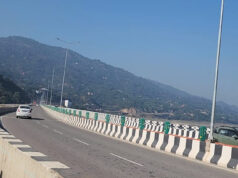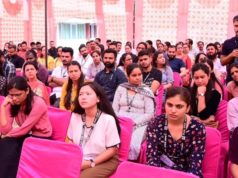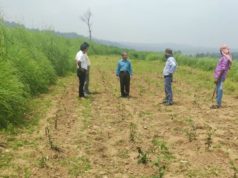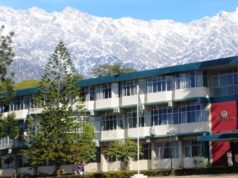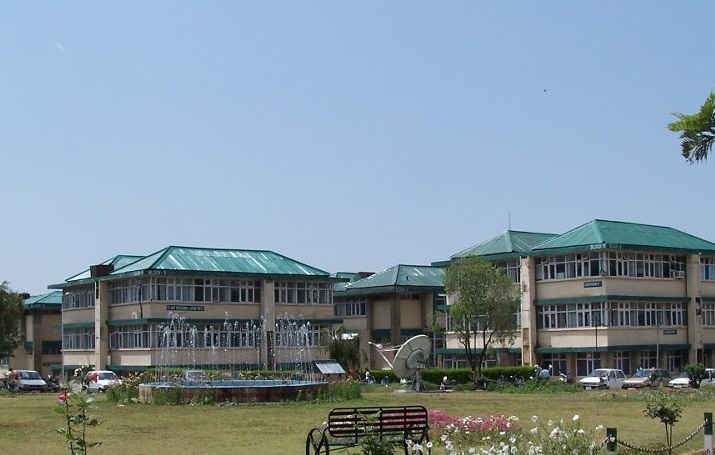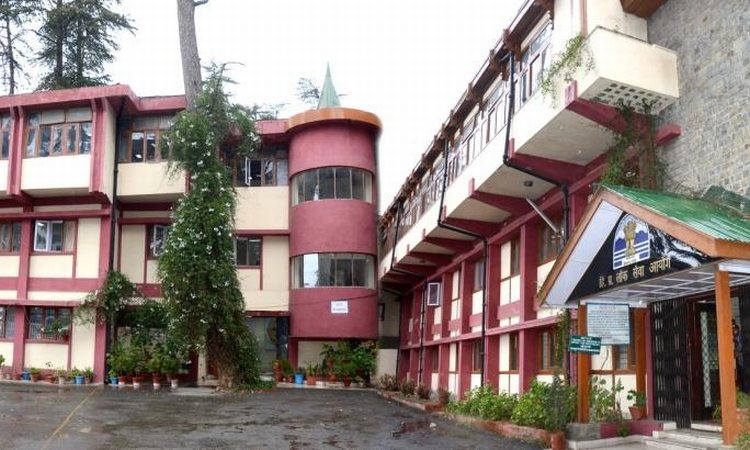CAG’s performance audit of education, research and extension activities in CSK Himachal Pradesh Krishi Vishvavidyalaya Palampur has revealed that the prestigious Agri varsity has run non-recognised M.Sc. (Biology) programme during 2007-16 and non-accreditation of programmes under College of Home Science during 2013-17. As per the CAG report the University has risked the careers of 259 students who passed out upto 2016-17 under these programmes.
Performance audit revealed the Himachal Pradesh Council of Agriculture, Horticulture and Forestry Education and Research had approved a Master Degree Programme in the discipline of Biology in the College of Basic Sciences from the academic session 2007-08. The minimum eligibility qualification for admission to Ph.D. programme in the discipline of Botany and Zoology in almost all the universities governed by the UGC is either M.Sc. (Botany) or M.Sc. (Zoology). There was no mention of M.Sc. (Biology) as an eligible qualification for M.Phil/ Ph.D/ UGC NET/ Council of Scientific and Industrial Research (CSIR)/ State Eligibility Test (SET). Thus, the students who got M.Sc. degree in Biology were not eligible for NET/ SET/ Ph.D. tests.
The matter came to the notice of the University authorities in January 2015 and the degree programme was suspended from the academic year 2016-17.
The performance audit has also highlighted many financial irregularities, shortage of faculty affecting quality of education, shortfall in enrolment of students in different programmes and delay in completion of research projects.
Agri varsity also facing staff crunch and thus affecting the quality of education and research activities in the University. As per report against overall sanctioned strength of 380 faculties, 141 posts (37 per cent) were lying vacant.
The percentage shortfall in enrolment of students in undergraduate programmes during 2012-17 ranged between 14 and 25 and in postgraduate programmes it ranged between 27 and 67. About 61 to 70 per cent seats in Doctoral programmes remained vacant.
Agri varsity also fared poorly in the placement of its students as out of 1,545 students passed out under different programmes during 2011-15, only six per cent students (94) got placement through placement cell of the University which indicated that the University was unable to meet the aspirations of the degree holders for securing employment.
The CAG performance audit also revealed that the University had not maintained library of outcome of research projects completed during 2012-17 without which their authenticity/ results could not be verified in audit. Three research projects of Rs. 6.98 crore to be completed between April 2012 and June 2016, were lying incomplete though expenditure of Rs. 4.79 crore was incurred on these projects upto March 2017.
During 2013-17, there was shortfall of 42 to 68 per cent in achievement of targets of agriculture extension training to Government functionaries. Though the targets of training to farmers were achieved during 2012-17, the University had not assessed the impact of training to ascertain its effectiveness.
The University had incurred irregular expenditure of Rs. 178.26 crore for pensioner benefits to its employees during 2012-17 out of the State grants and contingent advances of Rs. 20.19 crore paid in 663 cases of 38 departments during 2004-17 were lying un-adjusted as of March 2017 of which, advances of Rs. 4.55 crore were outstanding for more than five years.
Audit also revealed that internal controls and monitoring mechanism were almost non-existent as the University had neither conducted internal inspections of accounts/ stock nor developed integrated management information system for monitoring the programmes/ activities during 2012-17.
The Agriculture University has lost substantial amount of grants from ICAR due to non-completion of sanctioned projects. Besides, the domestic income and income from other sources during 2012-17 had also shown decreasing trends.
Due to excess expenditure over income against the State Government and ICAR grants and declining income under domestic and other sources, balance of available funds is also gradually depleting, coming down from Rs. 32.23 crore at the beginning of 2012-13 to Rs. 13.25 crore at the end of 2016-17, the report revealed.
Out of total expenditure during 2012-17, 68 per cent was incurred on salaries, 16 per cent on contingencies and 16 per cent on implementation of projects/ works. The expenditure on salaries had increased from 57 to 78 per cent of the total expenditure over the period of review. Expenditure on projects/ works had shown decreasing trends from 18 per cent in 2012-13 to nine per cent in 2016-17.


